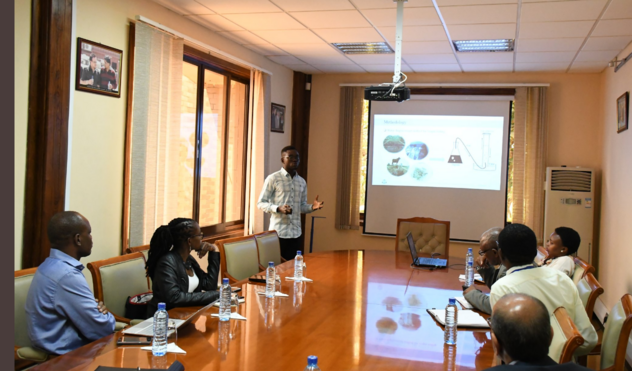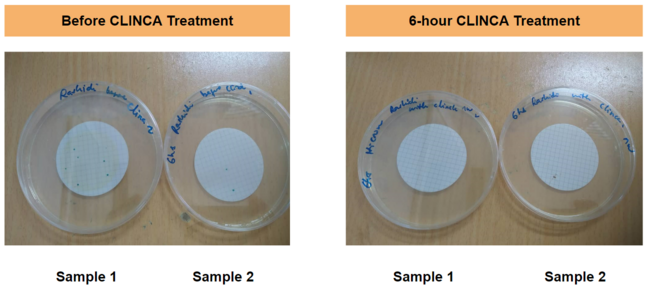
Team of researchers at NM-AIST discussing potential locations to obtain water sample
Nestled in the heart of Arusha City, Tanzania, the Nelson Mandela African Institution of Science and Technology (NM-AIST) is working tirelessly to improve water and sanitation issues in the country’s rural areas. Their Water Infrastructure and Sustainable Energy Futures (WISE-Futures) African center is a prime example of how universities can leverage partnerships to solve pressing development challenges, and they recently partnered with Nikken Co.Ltd, a Japanese manufacturing company, to explore clean water solutions.
This partnership is part of a University-Industry Partnership program initiated by the World Bank and Kopernik. The program establishes partnerships between African universities and Japanese companies, to facilitate innovation and commercialization of research. By leveraging their collective resources, both NM-AIST and Nikken Co.Ltd are working towards increasing the capacity of Tanzania, and other African nations to solve pressing problems related to water, sanitation, and energy.
 Decreasing number of bacteria colony in the water sample obtained from the Professor's nearby village
Decreasing number of bacteria colony in the water sample obtained from the Professor's nearby village
One of the key challenges faced by rural Tanzania is the lack of access to clean drinking water. To address this, NM-AIST and Nikken Co.Ltd are collaborating to explore clean water solutions using CLINCA 205, a water-disinfecting catalyst developed by Nikken. The water quality tests conducted to date have all shown positive results, decreasing the bacteria colony count from 24 to 0 in just six hours, providing solid evidence for NM-AIST and Nikken Co.Ltd as they pitch to potential business partners.
Creating partnerships between universities and industry is an important means towards solving pressing development issues faced by society, as they bring together academic knowledge and the resources of the private sector to develop innovative solutions that can be commercialized.
The benefits to NM-AIST include the opportunity for students to participate in collaborative partnerships with companies and their technology. "Our Masters students will take part in the study to improve the technology," says Dr. Jande. "It is a great opportunity to work with NM-AIST, as they not only have the capacity to improve the technology, but also have a great connection with government authorities, market actors, and other stakeholders that could be highly beneficial to expand the use of technology to solve the challenge of limited access to clean water," says Kitamura-san. By leveraging their respective resources and expertise, NM-AIST and Nikken Co.Ltd could make a significant impact in Tanzania, demonstrating the importance of collaboration in solving pressing development issues.


